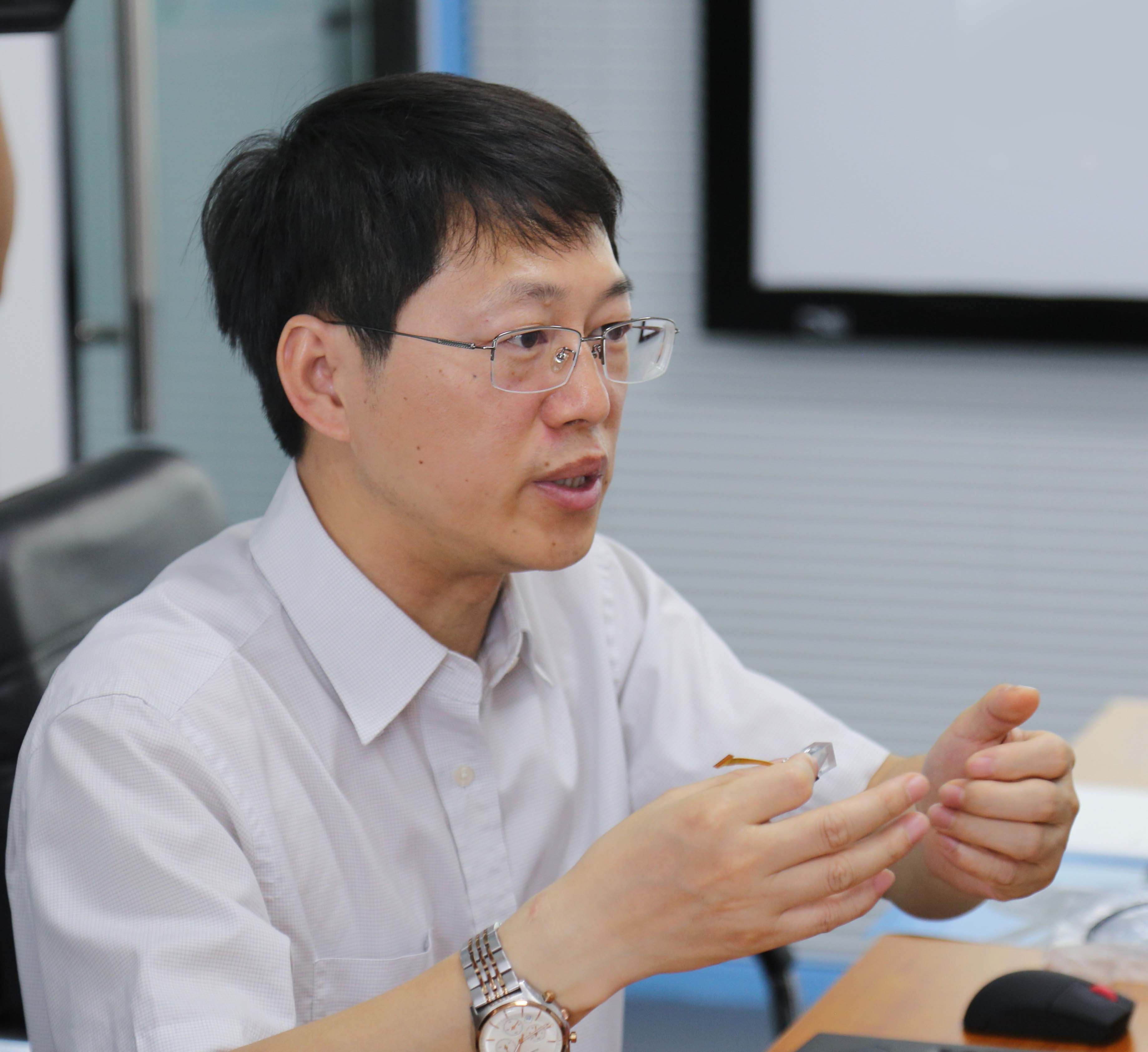
DEWEN CHENG
JUNE 2019
|
Update 2020
From August 2007 to August 2010, Dewen studied in the College of Optical Sciences at the University of Arizona as a joint PhD student, mentored by Dr. Hong Hua and received a doctor's degree in September 2011.
In 2012, he was selected into the "New Century Excellent Talents Support Plan" of China’s Ministry of Education. In 2013, he won the "Beijing Excellent Doctoral Dissertation" award,
and In 2014, Dewen was selected into China's "Top Talents Plan in National Defense".
Further, in 2018, he won the "National Excellent Youth Science Fund". Dewen has published more than 80 papers in authoritative academic journals and conferences both in China and abroad, including Optics Express, Optics Letters, Biomedical Optics Express and Applied Optics.
Dewen has declared more than 100 invention patents, including 13 international patents. As project Manager, Dewen has presided over more than 10 projects, including both the National Natural Science Foundation of China's 863 and 973 Programs.
In 2015 Dewen founded Beijing Ned Ltd. which is specialized in the design, development, production and technical support of optical modules for augmented reality (AR) and virtual reality (VR) smart glasses with freeform optics.
|
Update 2010
At the time of this update, May 2010,
Dewen continues as a visiting student at the College of Optical Sciences, University of Arizona, but anticipates returning to Beijing Institute of Technology sometime soon to work as a research scientist.
"At present, I am working on a tiling, free-form prism eyepiece that helps to extend the field of view of a head-mounted display system while maintaining an acceptable resolution. Using the theory of canonical coordinates by H. H. Hopkins, I have proposed a method for the rapid and accurate fitting of wave aberration polynomials to optical systems without symmetry. I am also exploring control methods for local surface deformations to optimize free-form surfaces in imaging systems. In my current designs, I am using these control methods to further improve the performance of free-form imaging systems.
|


